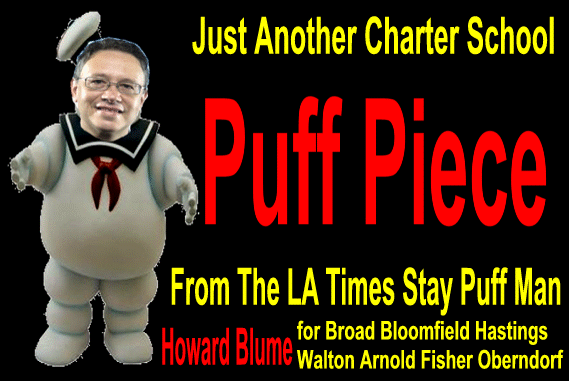For Your Browsing Pleasure: Who Got Walton Money for Education Disruption in 2018?
The Walton Family Foundation is the fruit of the Walmart chain. It was created by the Waltons, one of the richest families in the world. The three senior members of the Walton family–Alice Walton, Jim Walton, and Rob Walton–have a collective net worth in excess of $150 billion. There is a younger generation of Waltons whose wealth is not included in that total. The Walton family increases its wealth by $4 million an hour, every hour of every day.
The Walton Foundation has a few causes in which it concentrates its giving. Reforming K-12 education is one of the major areas for giving.
The Walton Foundation is the biggest single private funder of charters schools and vouchers in the United States.
In 2018, it gave $210 million to a long list of grantees to promote its K-12 goals, especially privatization of public schools via charters and vouchers.
In the same year, it increased that giving by another $238.6 million, in a section of its website called “Special Projects,” many of which went to the same K-12 charters and vouchers, or advocacy for charters and vouchers.
I am leaving it to you to review the list of grants. What do you see that is interesting or surprising? Some years I read the entire list. Now I am asking you to do it and report back.
The only other source of funding at this scale is the U.S. Department of Education’s Charter Schools Program, which gave $440 million in 2018 to launch new charter schools, most of which went to large corporate charter chains like KIPP, IDEA, and Success Academy in New York City. The original federal program, created in 1994, was intended to launch start-up charters that needed a financial boost, not to build financial behemoths to replace public schools. Under DeVos, the CSP has become a juggernaut to disrupt communities and states, whether or not they want charters. New Hampshire, for example, got the largest single state grant of $46 million, and its Democratic-controlled legislature has thus far refused to accept the money, which would double the number of charters in the state and knock a huge hole in the financing of public schools.
For Your Browsing Pleasure: Who Got Walton Money for Education Disruption in 2018? | Diane Ravitch's blog












